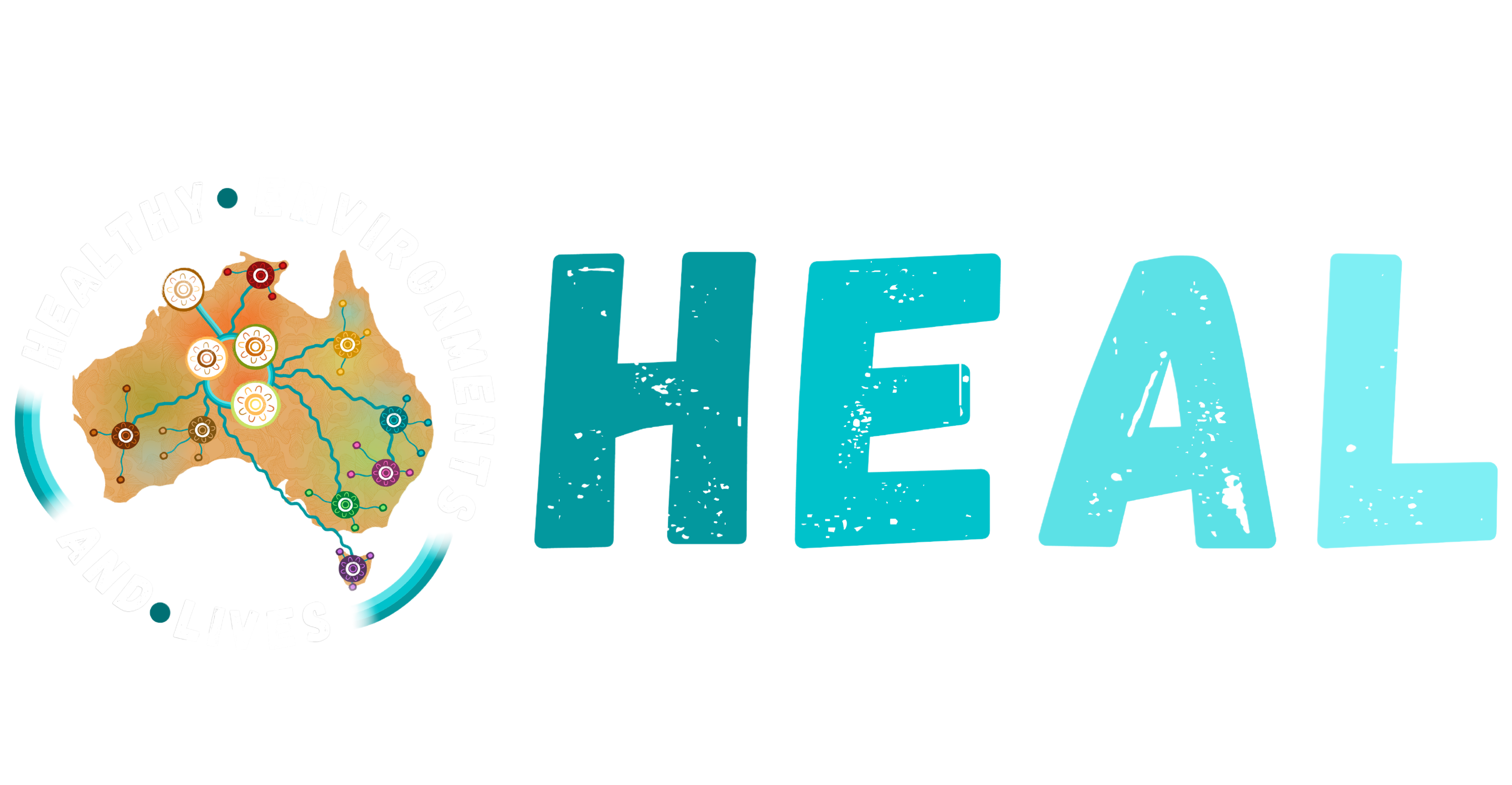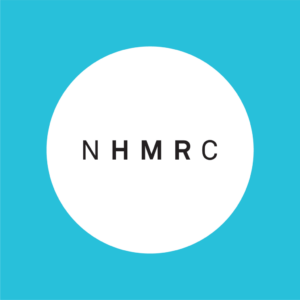Capacity &
Capability
We aim to address capacity and capability gaps in health, climate and environmental change, and credibility gaps in interactions between policy-makers, practitioners, industry and communities. Details about the HEAL training program will be added soon.
Follow us on:

